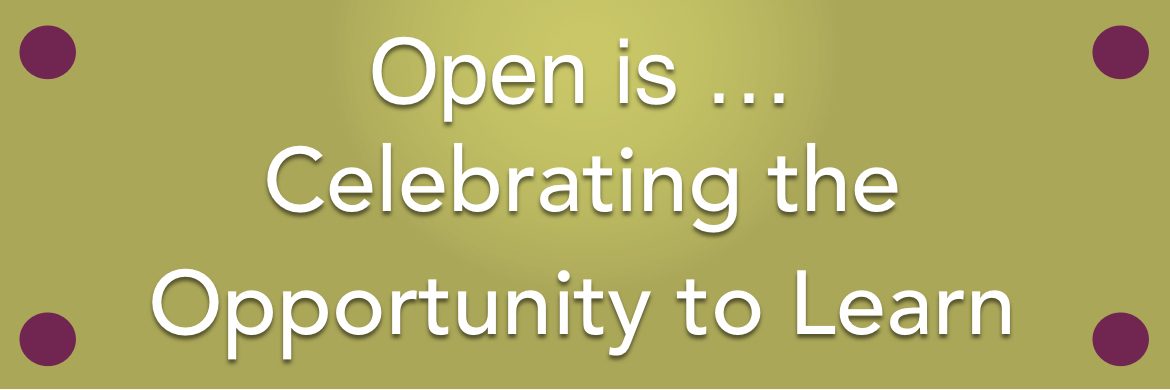University didactics remains an under-appreciated subject, and with OER it has become much easier for professors to upgrade and enrich their teaching performance. Besides raising awareness of this plain fact, cases of good practice are going to be presented.
Agenda
- Brief Introduction of the Panelists
- The Knowledge Economy Network, KEN in Brief
- Mission and objectives: awareness building, monitoring performance and reporting on best & next practice, support match-making and networking among members, project idea validation;
- Partners and membership: 72 regular and associate partners and members in 19 countries;
- Scope/coverage: education, R&D, innovation and entrepreneurship;
- Major activities: organising Fora and Workshops, publishing Monthly Bulletin and Weekly Briefs, select dissemination of publications to recipients of Global Impact Group (soon 5,000 strong).
- Objectives of the Workshop:
- Evaluate the importance of OER for university didactics – beng indispensable for preparing students/next generations for their multiple future jobs and transformed tasks.
- Exchange views and experiences in using OER in post-secondary education as an instrument of adjusting its structure and contents to the development of competencies needed by graduates today and tomorrow;
- Propose some practical recommendations for universities.
- Potential of OER to help post-secondary education answer rapid changes, reflected also at the labour market:
- By 2035 about 70% of present jobs will disappear (e.g.: only specialist lawyers will remain, routine matters will be responded by Watson Supercomputer), about 50% of people will be self-employed. Even now companies with negligible physical & financial assets (like UBER or AirBNB) dominate their segments of global markets, thanks to ICT-based, innovative business models.
- Identify compelling trends in the labour market of knowledge economies, and the competencies to be in focus of modern university education?
- The contribution of ICT tools and OER for upgrading quality of teaching/learning (excellence in quality and relevance of educational content, possibilities of international comparison, reference to top word experts, and access to latest statistics, encouraging students for independent search on Internet);
- Values to be integrated into university curricula (e.g: Life Long Learning, innovation, entrepreneurship, problem-solving, team work, and others) to prepare students for their future jobs/tasks?
- Major obstacles to broader use of OER
- Only 20 years ago Eric Raymong initially used Open Source Software, OSS (not being satisfied with the purchased and licenced software package) – opened the way to the development of OER. Still partly unresolved issues between free access, and protection of commercially traded intellectual property. Some educational institutions felt initially threatened by the OER revolution. Even big commercial applications like Google, Moodle 2, etc., are OSS-based.
- Key obstacles to broader use of OER are neither legal, nor technical, but primarily reflecting lack of educators' skills and motivation to access the enormous volume of relevant and good quality material readily available at the Internet.
- Disadvantages of OER: sometimes not easy to determine which contents is the latest, some of it may not (yet) be very user friendly, and sometimes problems of compatibility.
- Some proposed recommendations
- Universities should organise training, mentoring and coaching of professors on didactics (this is now a strong movement in German-speaking European countries), and request them to acquire a »Licence in Didactics« - in general and subject-specific didactics (like Law Faculty of Hamburg university – issuing »Licence in Didactics of Jurisprudence«).
- Universities should be encouraged to introduce these activities in a systematic fashion, and receive for this task the necessary funding (e.g.: German Research Foundation offers a 3- year co-funding support for open access articles – Open Access Publishing, til 2020)
- Universities should collaborate and network among themselves on OER issues, exchange experience, and learn from best practice.
- In their evaluation of professors' performance students should take into account also the didactical quality, including the integration of OERs into the pedagogical process.
Organizers: Knowledge Economy Network, KEN
Motivation for attendees: Obtaining insight into the potential of OER for making post-secondary teaching process more up-to-date, interesting, and productive in terms of developing students' relevant competencies.
- Prof. Dr. Boris Cizelj, Chairman Knowledge Economy Network, professor at DOBA Faculty of Business and Applied Social Studies
- Prof. Dr. Barica Marentić, professor University of Ljubljana, Faculty of Philosophy, Department of Pedagogy
- Dr. Doris Kiendle, Joanneum University of Applied Sciences, Graz - invited
- Mr. Marko Selaković, Al Jazira, Abu Dhabi
- Dr. Miro Puhek, DOBA Faculty of Applied business and social studies, Maribor
- Layout of Presentation - prof.J. Stanisavljenvić
- OER Congress - abstract Divjak - 07092017
- Presentation M.Selakovic - Sep 2017
- Presentation prof.ddr.B.Marentič
- B Cizelj - short profile Nov. 2016
- CV_Jelena_Stanisaljevic 1
- CV_Marko Divjak
- ECV Marko Selakovic Sep 2017
- KEN Workshop at OER Congress 20 Sept.2017
- Marentič Požarnik CV KEN
- B.Cizelj - CV Short - Sept. 2017
- Presentation Jelena S - OER Congress 20_09_2017 Slovenia_final
- Presentation prof.ddr.B.Marentič
- WOERC_Satellite event_KEN Workshop_Divjak
- WOERC_Satellite event_KEN Workshop_Divjak





